The genetic diversity of food crops and their wild relatives is the very foundation of food and farming. Truly, it all starts with the seed.
During the past century, there has been a dramatic erosion in the diversity of food crops available to farmers, gardeners and eaters, with an estimated 75% of agricultural crop varieties lost. The work of people over thousands of years to select and improve plants for healthy food that grows well in each region of the world has largely been lost already. The loss of seeds and genetic diversity is a significant threat to the future food supply, with work urgently needed to conserve and use a diversity of crops, and to ensure that seeds and their genetic material remain in the public trust. In order to continue to grow healthy and safe food, farmers and gardeners must have their own seeds or access to open–pollinated varieties that they grow, improve, sell and exchange.
Concentration and consolidation of market power in the seed industry is a tremendous barrier to public access to seeds. The top four firms account for 43% of the global public and proprietary seed market: Monsanto, Dupont/Pioneer, Syngenta and Bayer. Farmers in the U.S. report increasing difficulty accessing non–genetically engineered seeds, for example, as the number of multinational corporations that control seed companies shrinks to a handful, and they determine what seeds are saved, developed and sold.
The work to protect crop biodiversity and public access to seeds is twofold: significant efforts must be made in public and participatory preservation of seeds, and to continue to develop new public varieties. At the same time, the laws and policies that facilitate patenting and corporate control of seeds and genetic material must be undone. Ceres Trust provides grants to organizations that protect crop biodiversity and ensure public access to seeds.
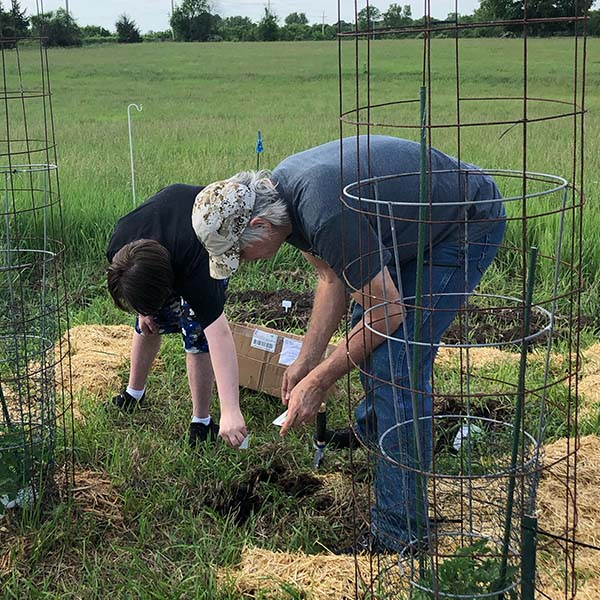
Seed Saving Initiative
Ceres Trust is participating in an initiative to encourage and support seed saving and replanting. Saving seed from year to year is, of course, an important tool for farmers and seed keepers to maintain favored varieties, repair and tend essential relationships between people and plants, and reduce costs.
But now, more than ever, it is of vital importance for another reason; it allows a plant to optimally respond to the locality and growing conditions in which it finds itself. Drawing on deep genetic resources, each new generation of any one plant that is repeatedly grown in the same locale is better adapted than the last. By allowing plants to continuously adapt to changing conditions farmers and seed keepers are bolstering their chances of success.
We honor the sacred and reciprocal relationships that Indigenous people have with seeds for time immemorial. We also believe the use of a combination of locally adapted, open pollinated seeds and the exciting and vital new hybrids being developed by our dedicated organic breeders most strategically promotes the success of farmers across the country.
Seed Saving Initiative Partners
RESOURCES
- Gates to a Global Empire: Over Seed, Food, Health, Knowledge …and the Earth, A Global Citizens’ Report Coordinated by Navdanya Institute
- Manifesto on the Future of Seeds, produced by the International Commission on the Future of Food and Agriculture.
- Out of Hand: Farmers Face the Consequences of a Consolidated Seed Industry, a report that documents the consequences of concentration in the seed industry on U.S. farmers and outlines recommendations to return seeds to public and farmer control.
Stories from the Field
Indigenous Seedkeepers Network
During the fall of 2022, the staff of the Native American Food Sovereignty Alliance’s Indigenous Seedkeepers Network (ISKN) hosted our first in-person seed sovereignty assessment training since 2020! The ISKN Southwest Seed Sovereignty Assessment Training engaged 25 participants in a 2-day immersive and interactive gathering.
The Native Seed Pod
The Native Seed Pod is a podcast that explores and celebrates Native foodways, ancestral seeds, and the Traditional Ecological Knowledge needed to renew the health of the Earth and all our relations. From planting songs to cultural foodscapes, we highlight the importance of protecting and restoring agrobiodiversity and food sovereignty to sustain resilient communities.
Breadfruit Diversity
The work of the Breadfruit Institute to conserve and study the world’s largest repository of breadfruit diversity at the National Topical Botanical Garden in Hawaii is educating and inspiring individuals and organizations around the world to embrace regenerative organic breadfruit agroforestry.
Student Organic Seed Symposium
The 2017 Student Organic Seed Symposium brought 24 students from across the US together at the University of California, Davis for four days of learning about organic seed breeding, production, end-uses, politics and more.
Molokaʻi Taro Variety Field Day
An estimated 220 participants attended the field day which included presentations on taro varieties, historic information and stories connecting taro and sweet potato to Molokaʻi, information on the role of taro in health and economic security for local families.
Seed Festival
After attending the 2017 Seed Festival, an attendee was enthusiastic in becoming involved in growing adapted seed and was excited we would soon be making it available through the Hawai`i Seed Growers Network and Hawai`i Public Seed Initiative.
Conserving Breadfruit Diversity
Dan Rudoy, Collection Manager for the Breadfruit Institute, is a specialist in organic, holistic and regenerative farming practices. He is managing the institute’s incomparable conservation collection of 150 breadfruit varieties using regenerative agricultural practices.

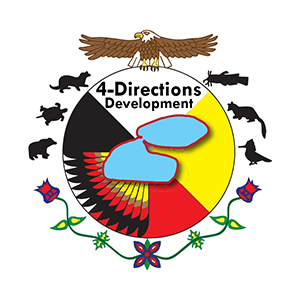
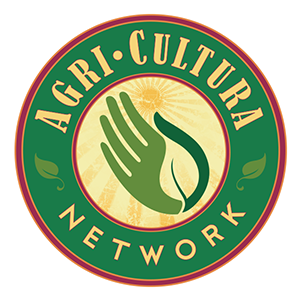
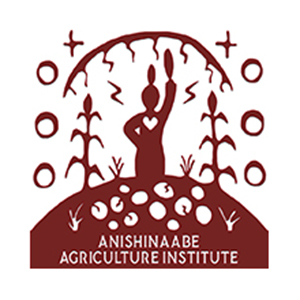
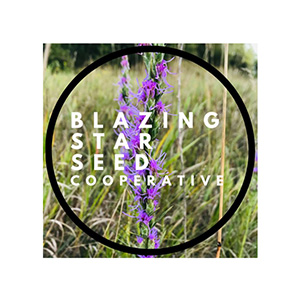
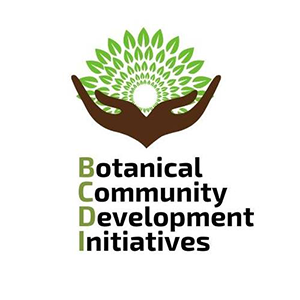
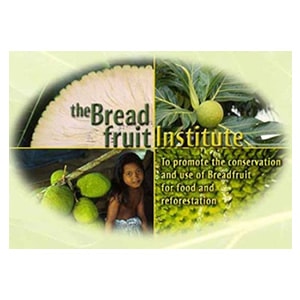
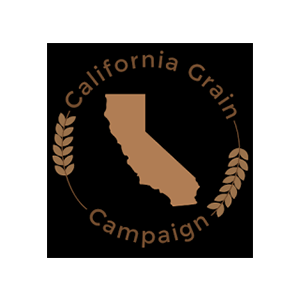
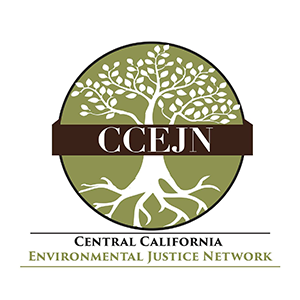

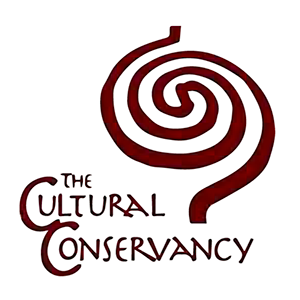
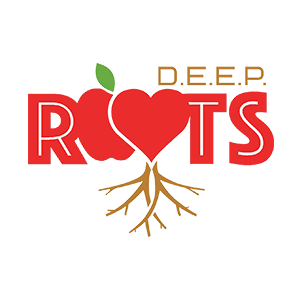
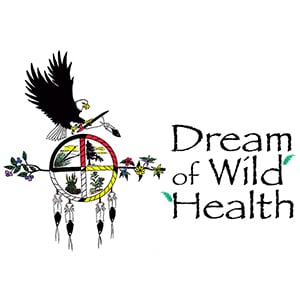
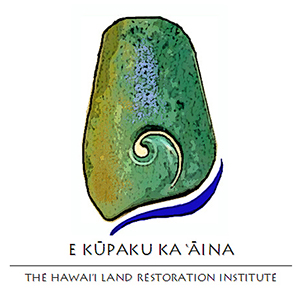
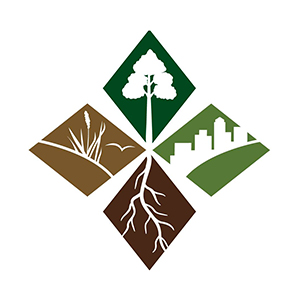

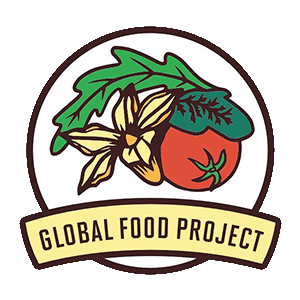
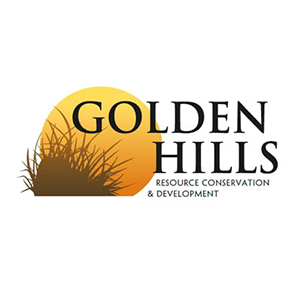
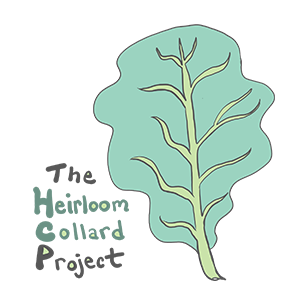

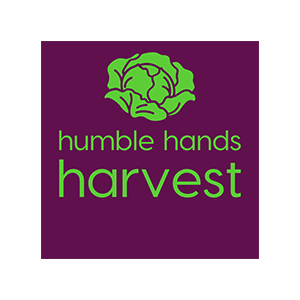
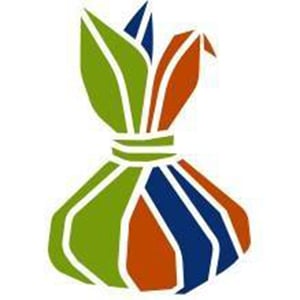
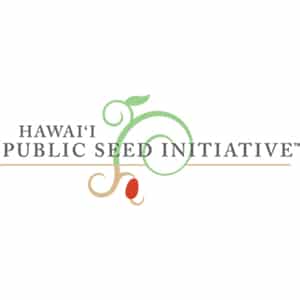
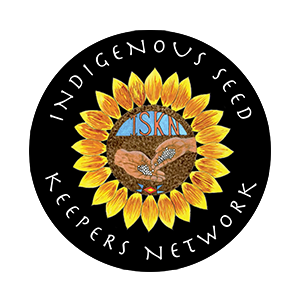
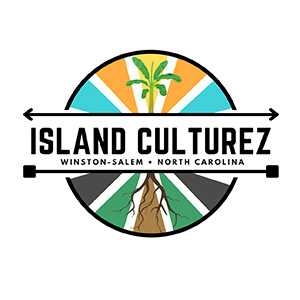

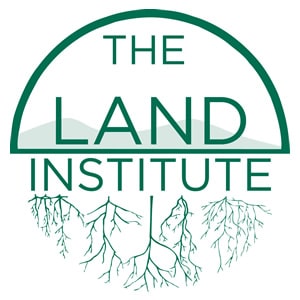
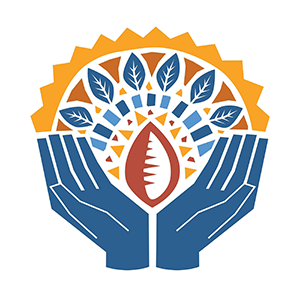
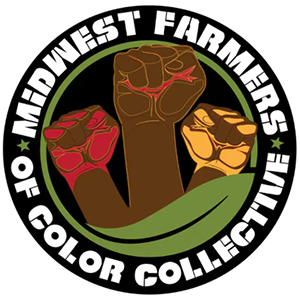
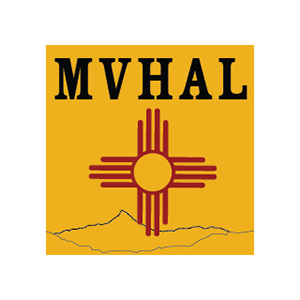
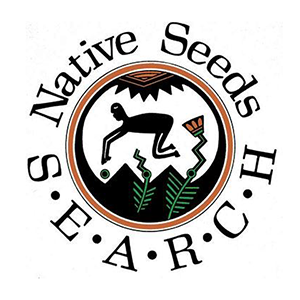
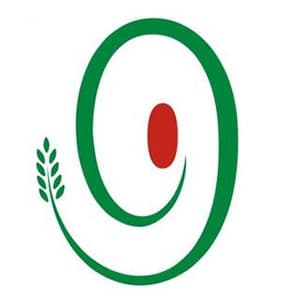
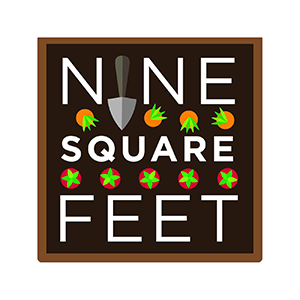
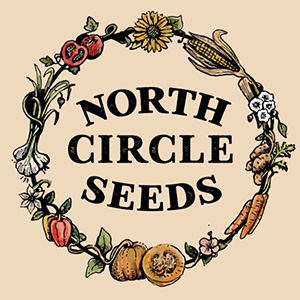
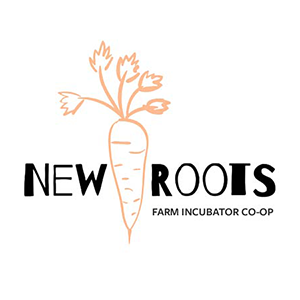
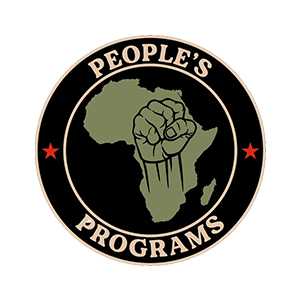

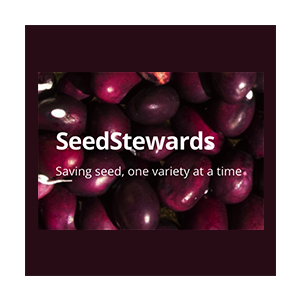

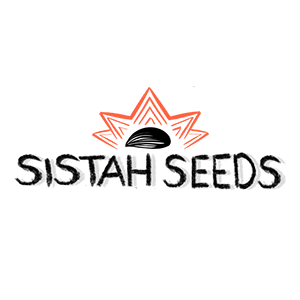
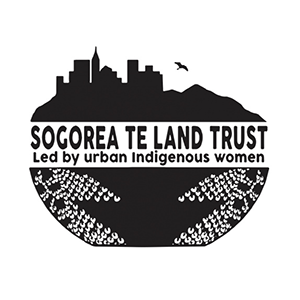

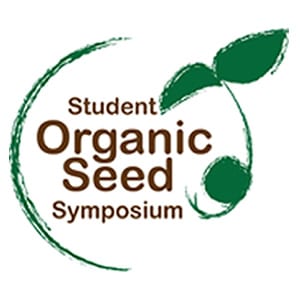
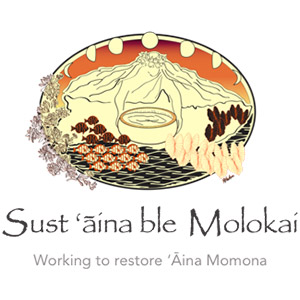

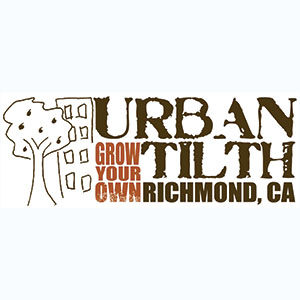


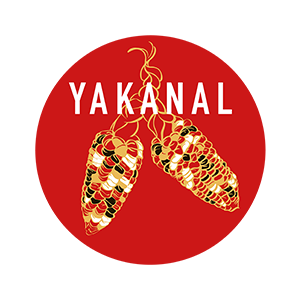
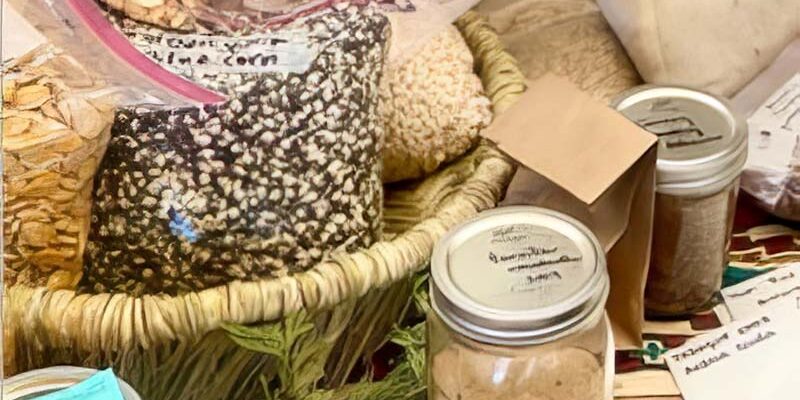
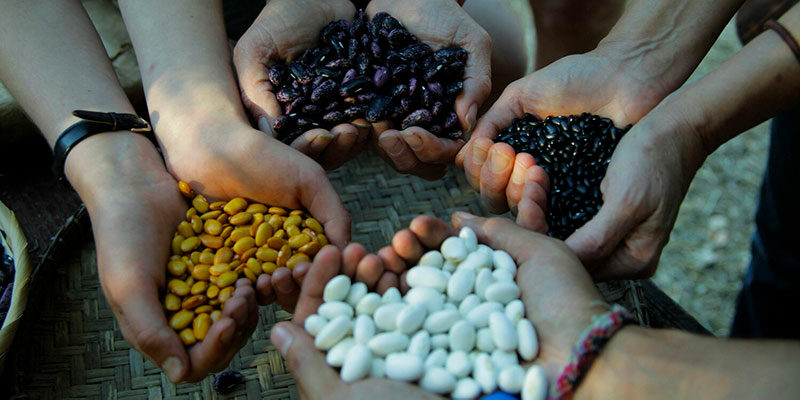
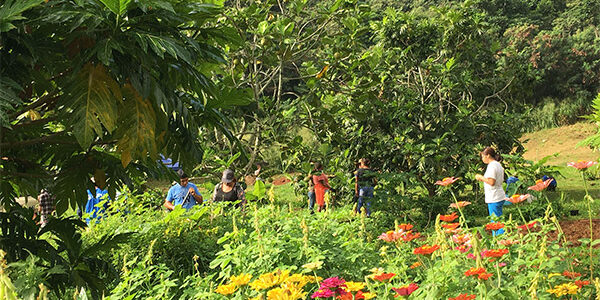
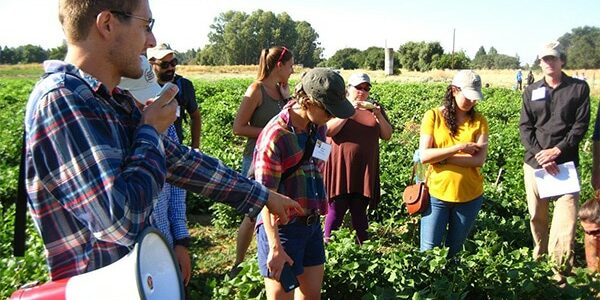
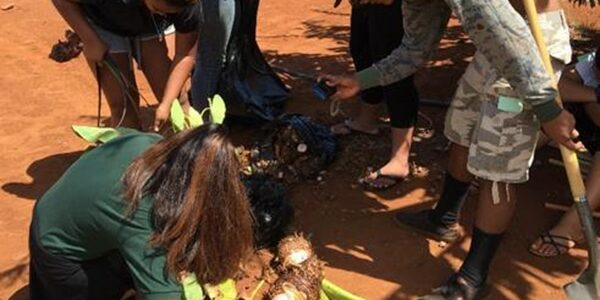
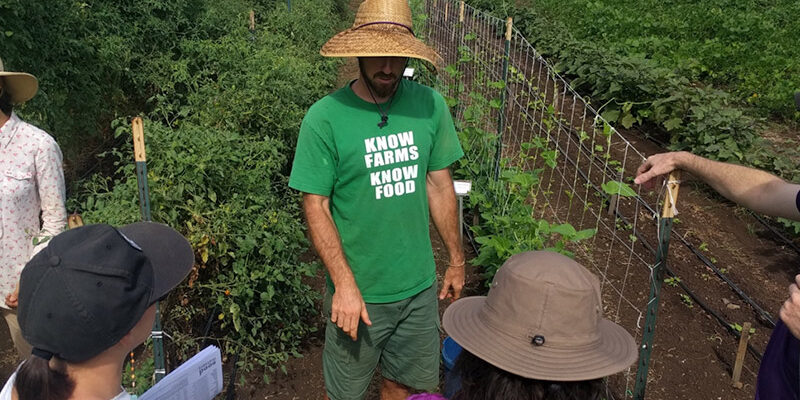
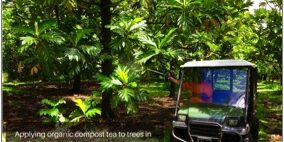
[…] “education for farmers in organic, sustainable and resilient farming systems.” The Food Crop Biodiversity and Public Access to Seeds program supports efforts to mitigate threats to the future food supply as a result of the loss of […]